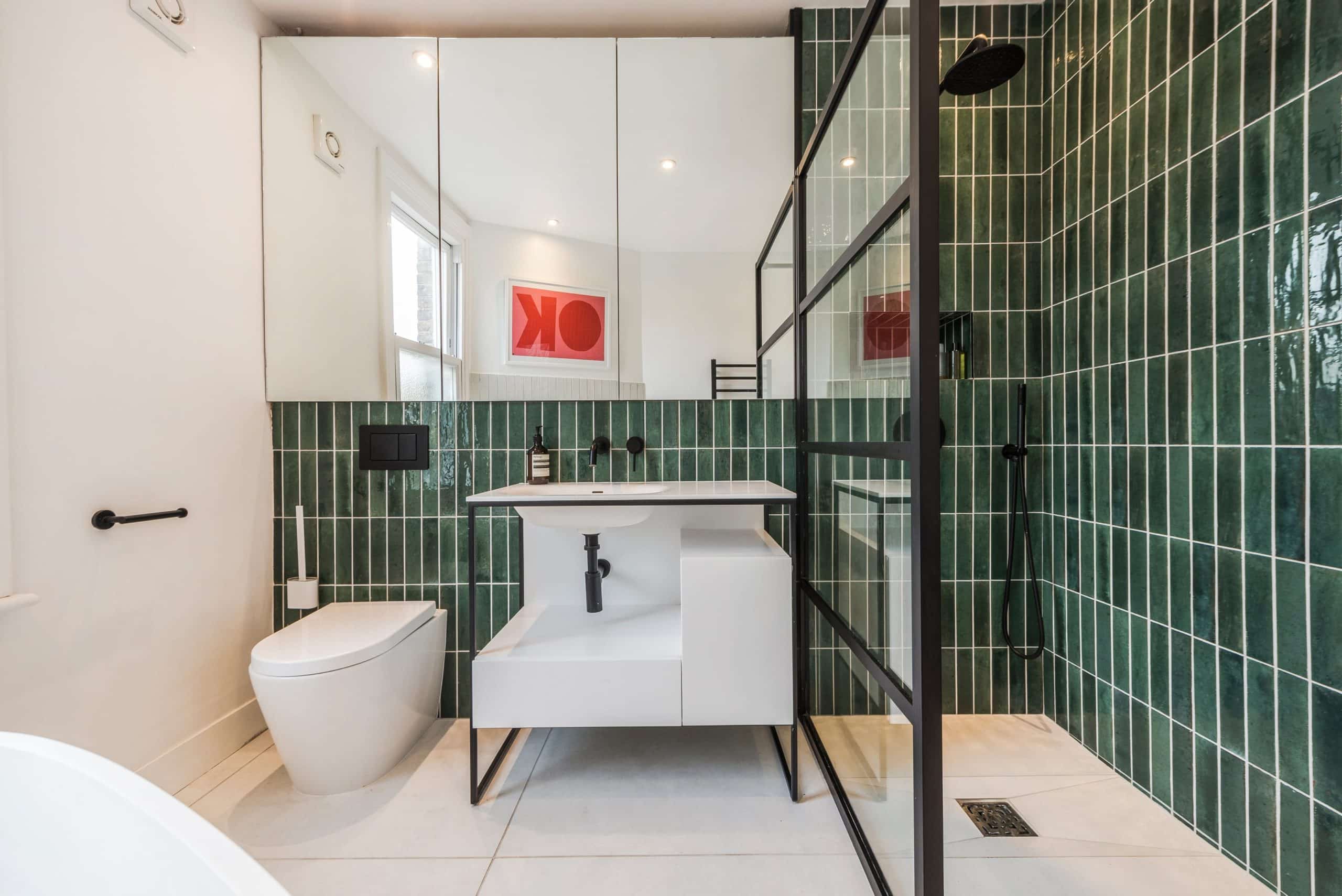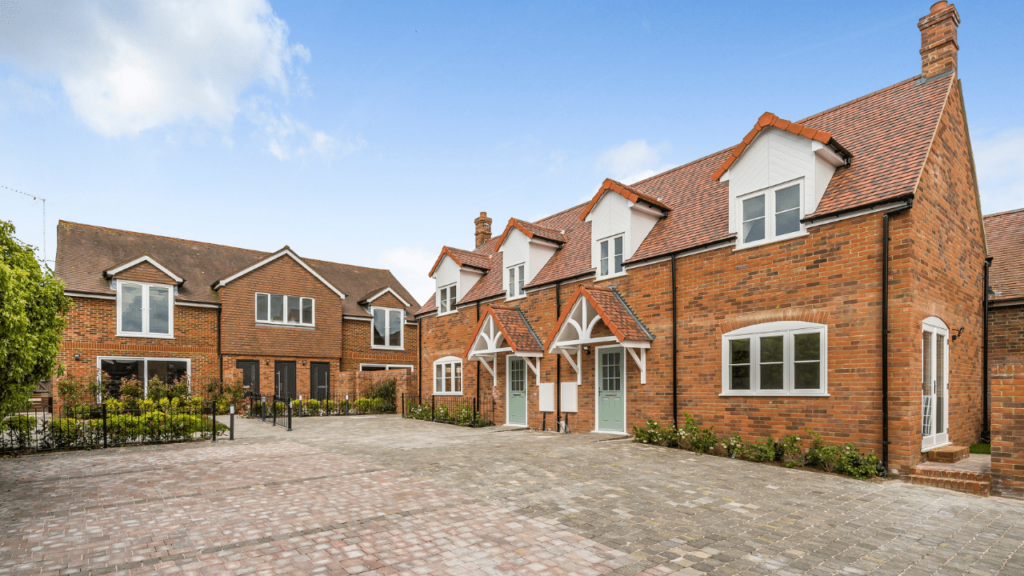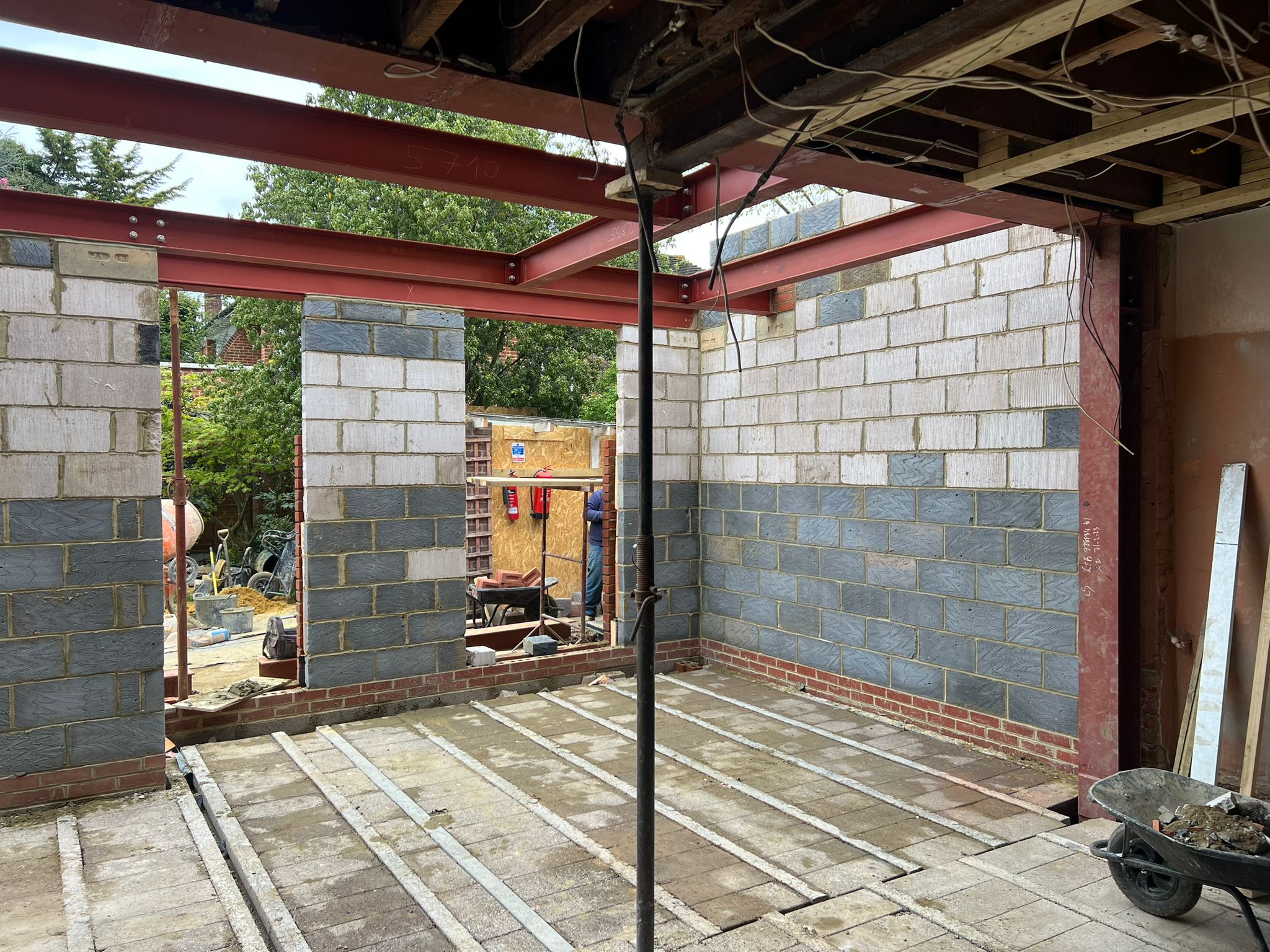
How to Conduct a Feasibility Study for Your Property Development
Conducting a property development feasibility study is an essential first step before starting a property development project. This makes it easier to evaluate the feasibility of a project, predict development expenses and decide whether the proposed property development is practical and financially viable. A thorough feasibility study for property development ensures that you can make informed decisions, avoiding costly mistakes which could affect the success of your development project.
What Is a Property Development Feasibility Study?
A property development feasibility study is a detailed assessment to examine how feasible the proposed development project is for constructing. This study assesses factors such as financial viability, design practicality, planning considerations and market demand. The main purpose of a feasibility study is to determine whether the proposed development is achievable, profitable and aligned with the needs of your project.
For property developers, this process is essential in ensuring the project is financially viable and delivers a desirable return on investment. Without a comprehensive development analysis, there is little room for error, and you run the risk of proceeding with a project that might not meet the expectations.
Why Conduct a Feasibility Study?
A development feasibility study undertakes analysing the risks and rewards of the property development project. It provides a structured approach to evaluate aspects like construction costs, site constraints, local planning policies and potential sales or rental rates.
An initial feasibility study helps to:
- calculate the project’s value based on the area of the property
- forecast the cash flow and evaluate the financial viability of the proposed project
- examine property values in the area and compare them with similar projects
- conduct due diligence on planning applications, planning permissions and environmental constraints
- provide a realistic overview of the success of the project based on the development plan objectives
This high-level feasibility study enables developers to decide whether to proceed or reconsider the scope of the development project.
Key Elements of a Feasibility Study for Property Development
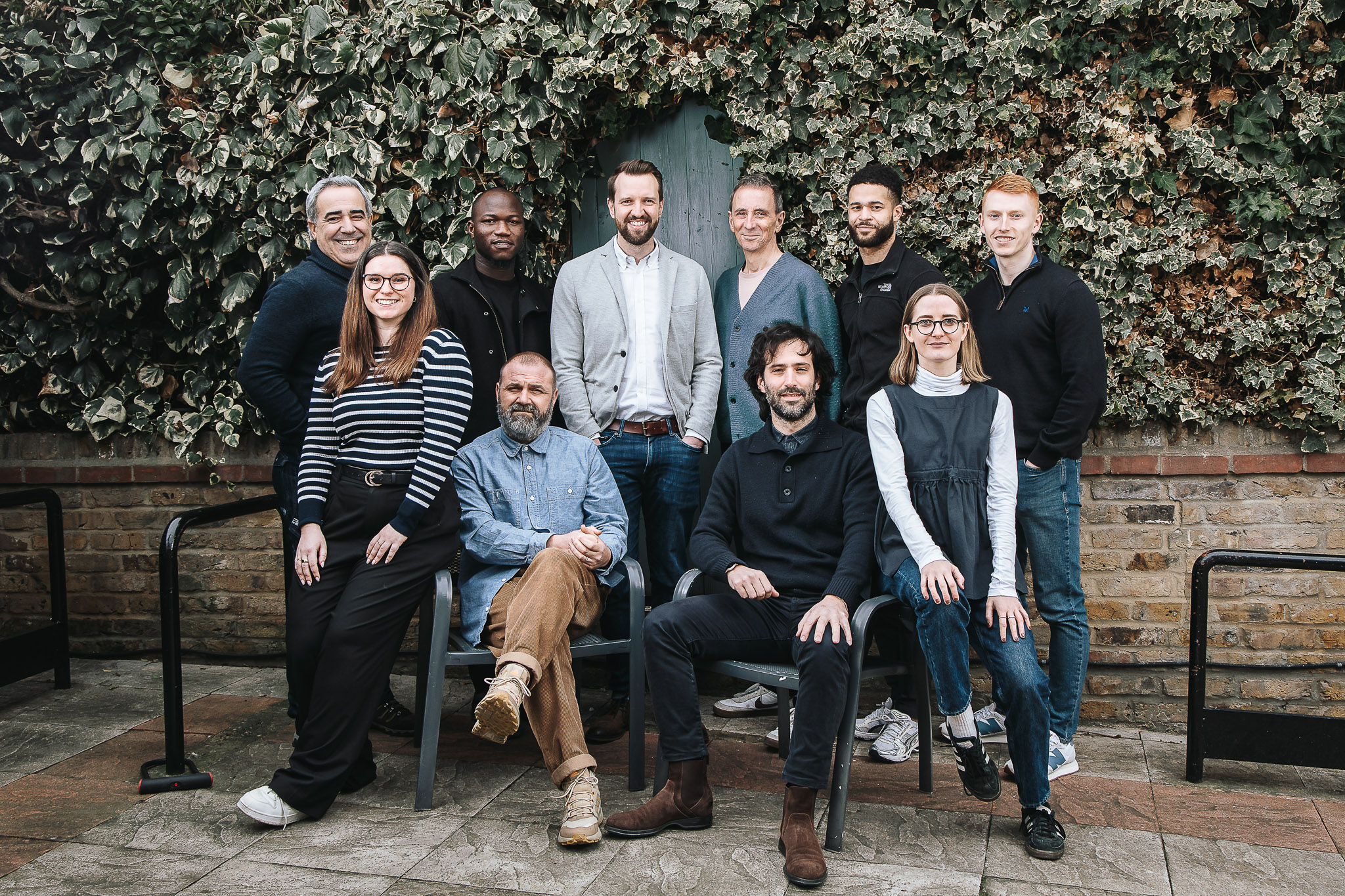
A robust feasibility study examines multiple factors in determining the viability of a project. The following components are essential in any feasibility analysis:
- Site Appraisals and Planning Constraints: A detailed site appraisal identifies any physical or legal restrictions which could impact the proposed property development. Understanding planning regulations and local planning policies is critical at this stage.
- Architectural Feasibility Assessment: An architectural feasibility assessment ensures that the proposed development is achievable within the site’s physical constraints. It reviews the design options, layout efficiency and the ability to meet planning criteria.
- Financial Feasibility and Cost Analysis: This stage involves calculating development costs, construction costs, professional fees and contingencies. It’s essential to also consider the valuation of the completed project, expected rental rates and potential resale value, to evaluate the profitability of the project.
- Development Appraisal Models: Using methods such as discounted cash flow, net present value and internal rate of return, you can assess the projected financial performance of the property development. These models help you to make informed decisions about the financial viability of the proposed project.
- Market Analysis: Understanding the demand for the type of property which you intend to develop, the current market trends and competition is essential. Estate agents can offer insights into property values and rental rates in the target location.
- Development Timeline and Cash Flow Forecast: A clear timeline with cash flow forecasts ensures you can maintain liquidity throughout the entire development process. This reduces the risk of financial strain due to market fluctuations or unforeseen expenses.
Conducting a Feasibility Study: The Process
- The process of conducting a feasibility study should begin before purchasing the site. This makes it possible to negotiate a price based on realistic assessments rather than optimistic assumptions.
- To quickly assess whether the project is worth pursuing, start with a high-level feasibility study. If the results are positive, then you can proceed to a more comprehensive feasibility assessment, with engaging professionals such as architects, planners and quantity surveyors.
- During the feasibility stage, it’s essential to test different scenarios to understand the risks and rewards associated with the proposed development. For example, you should explore variations in construction costs, changes in rental rates and potential delays in planning applications.
- Throughout the development process, ensure your feasibility study provides accurate data and is updated when new information becomes available. This makes it possible to adapt your development plan accordingly, which increases the likelihood of a successful project development.
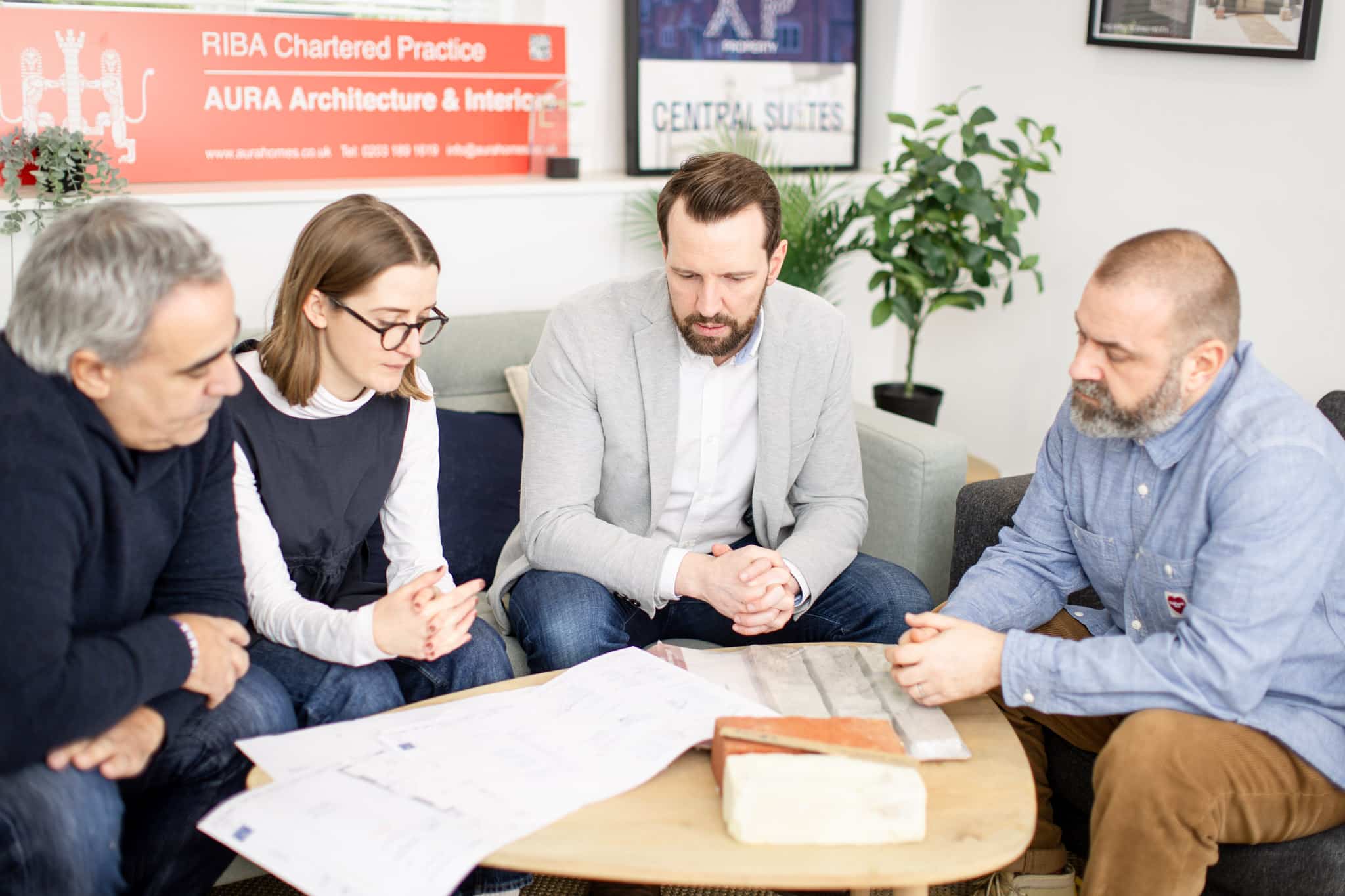

Final Thoughts
A well-executed property development feasibility study is the foundation of a successful project. It makes it possible for you to assess the financial situation, design practicality and overall potential of the property development project. By undertaking a thorough feasibility analysis, you can avoid costly mistakes, improve your return on investment and ensure that the proposed development aligns with your strategic goals.
If you are planning your next development project, Aura Architecture is here to guide you through the feasibility stage, providing expert advice to help you make informed decisions and ensure your project is a success.

